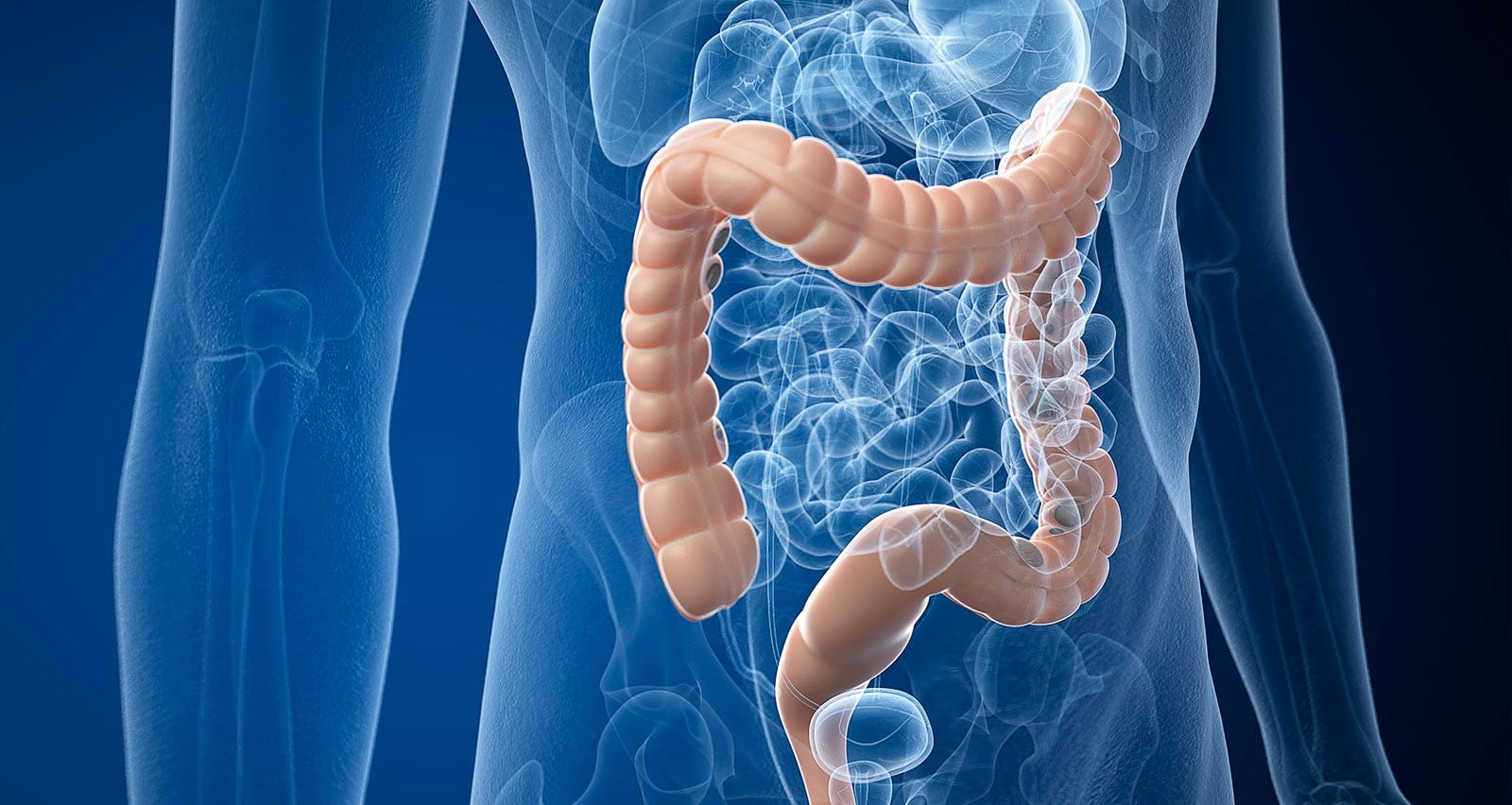
Expert Diagnosis and Treatment of Angiodysplasia
Angiodysplasia is a bleeding disorder in which one or more blood vessels in the gastrointestinal tract become dilated or stretched beyond their normal size. This enlargement can lead to small holes or tears in the blood vessel wall, which can then leak blood. It is a very common cause of intestinal bleeding, particularly in patients over 50. GI bleeds from angiodysplasia almost always occur on the right side of the large bowel (colon) and in the small intestine.
If you notice blood in your stool or on the toilet paper, don’t delay care. Call 216-844-8500 to schedule an appointment with a UH digestive health specialist.
Causes and Symptoms of Angiodysplasia
The cause of angiodysplasia is not fully understood. However, because it occurs most often in older adults, it is likely related to normal aging and the subsequent breakdown and weakening of the blood vessel walls. In some cases, angiodysplasia is associated with other blood vessel diseases and hereditary traits, but it is not related to colon cancer or diverticular disease.
Some patients will not have any symptoms and the bleeding may resolve without treatment. However, in some cases it can cause gastrointestinal (GI) bleeding that ranges from mild to severe, with or without visible blood in the stool or rectum. A GI bleed due to angiodysplasia typically does not cause any pain but if the bleeding is severe, the blood loss may lead to anemia and other symptoms, including:
- Weakness
- Fatigue
- Shortness of breath

There is Blood in my Stool. What Does it Mean?
Blood in the stool or on the toilet paper can signal a wide range of conditions, from hemorrhoids or anal fissures to colon cancer, and should always be evaluated by a doctor.
Read MoreHow is Angiodysplasia Diagnosed?
There can be many different causes of blood in the stool and rectal bleeding. Based on a physical exam, medical history and the symptoms reported by the patient, the doctor may perform certain tests to confirm or rule out a diagnosis of angiodysplasia. These may include:
- Endoscopic exams like colonoscopy or upper endoscopy (EGD) and video capsule endoscopy
- Specialized X-rays that use a contrast dye to visualize and detect problems in the blood vessels
- Blood tests including a complete blood count (CBC) to check for anemia
- Stool testing to look for hidden blood
Treatments for Angiodysplasia of the Colon and Upper GI Tract
Mild gastrointestinal bleeds due to angiodysplasia may resolve on their own without treatment. If the bleeding is moderate to severe, however, treatment will usually be necessary to stop the blood loss. Some patients may need hospitalization to receive IV fluids and blood replacement products. Additional treatments may include:
- Iron supplements to help replace the blood loss
- Blood transfusions during severe bleeding or to treat symptomatic anemia
- Procedures to block the blood vessel and/or deliver medication to close the blood vessel
- Cauterizing the site of the bleed with heat or a laser using specialized instruments during endoscopy and colonoscopy
- Surgeryjavascript:void(0);. If other treatments fail to control the bleeding, surgical removal of the affected portion of the colon may be necessary.
If GI bleeds are a recurring problem, patients may be advised to follow certain guidelines at home to help monitor and manage lower and upper intestinal bleeds.
Make an Appointment
Your health is important. Get expert care.
Offering in-person and virtual visits.
Schedule OnlineLearn more about virtual visit
Other Scheduling Options
Choose the appropriate number below and call us for an appointment with a UH digestive health specialist:
- Office appointment with a gastroenterologist:
216-844-8500
- Office appointment with a surgeon:
866-844-2273
- Endoscopy:
216-844-ENDO (3636)


